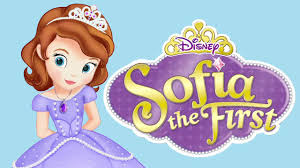Students don’t need a perfect teacher. They need a happy teacher who’s going to make them excited to come to school and grow a love for learning. – Richard Feynman
I could not agree more.
Every year, content becomes less and less important as its availability becomes increasingly ubiquitous. When human beings have the tools to learn almost anything on their own, the “what” becomes decidedly less critical in comparison to the “how” and the “why.”
As a result, today’s children have far more important and perhaps better things to learn. Things like:
Developing a lifelong love for learning
Acquiring organizational skills
Learning to collaborate, cooperate, mediate, and negotiate
Gaining a productive balance of self-confidence and humility
Knowing how to study, manage time, eliminate distractions, persevere through struggle, and work hard
Understanding the importance and value of kindness, empathy, sensitivity, and acceptance
Learning to delay gratification
These and others are the skills children need to learn above all others. They are best learned when children are excited about coming to school and possess a relentless love for learning. They are best learned when school is optimized for engagement and fun.
Teachers, administrators, and politicians who think otherwise are making a terrible mistake.
Facts are still important. Knowledge is precious. You can’t understand the present unless you understand the past. But when so much of what you may want or need to know is almost always at your fingertips, much of that content – which is often quickly forgotten – can take a backseat to the skills required to be a successful person in a world awash with information but often absent of the ability to harness and utilize that knowledge meaningfully and productively.
The late, great Feynman understood this long before information became so accessible:
“Students don’t need a perfect teacher. They need a happy teacher who’s going to make them excited to come to school and grow a love for learning.”







